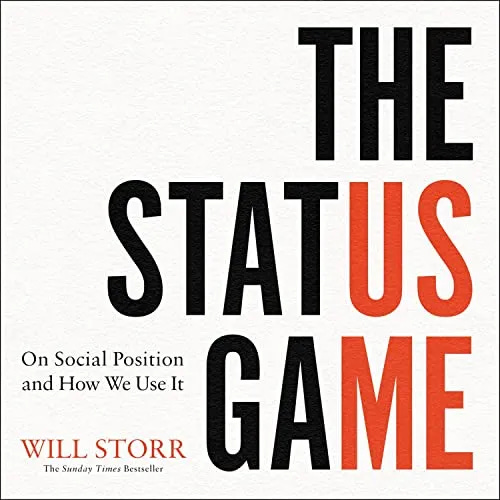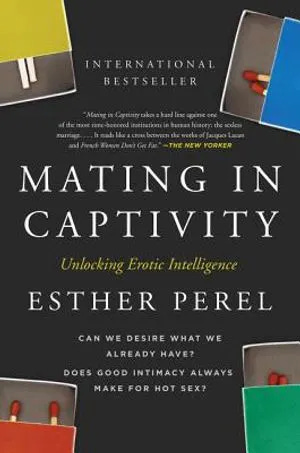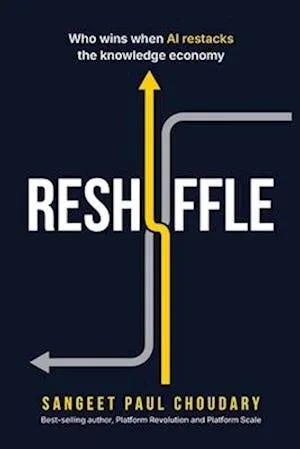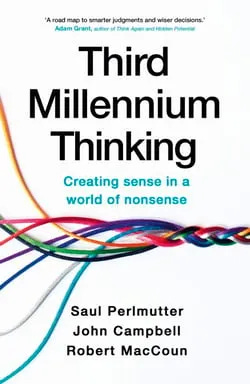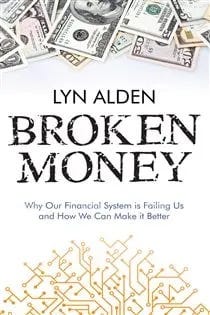5 Books To Upgrade Your Thinking
Favourite non-fiction reads from H2, 2025
As AI slop floods the world, reading is your mind’s last line of defence.
That’s why I keep nudging you to read, with 4–5 newsletters a year dedicated purely to book lists.
[Check out my H1 2025 fiction and non-fiction recos].
I hope that at least some of you will look at a title featured here, get inspired, and maybe fall in love with reading.
Here are 5 mind-expanding reads that I’d strongly recommend:
The Status Game: ICYMI, I wrote a short piece inspired by this book. We’re all playing status games (dominance, virtue, or success-based) all the f**king time, and we’re doomed to play them. But instead of lamenting our hopeless condition, we must see reality clearly, and this book will give you a deep understanding of why status is like oxygen- and how deprivation puts us in a terrible state, and sudden drops (like layoffs, financial ruin, etc) drive us to suicide. Read this to gain a better understanding of your mind and that of others. It can help you develop a decent operating manual for human societies.
Mating in Captivity: If you’re in a long-term relationship/marriage, read this book. It unpacks a paradox at the heart of love: the very comfort that makes a relationship safe also kills the spark that made it exciting. So how do you manage this paradox once that initial rush is over and the years pass? Backed by candid case studies, it’ll change the way you see intimacy itself.
Reshuffle: This is probably going to be the best book you can read on AI and the impact it’s going to have on jobs and the economy. That’s because it is a systems thinking book, and instead of trying to make futile predictions about which jobs will remain/go away, it analyzes which constraints AI is likely to eliminate and reinforce, and therefore evaluates which areas value will flow to. Deeply researched with incredibly powerful frameworks, this is one of those books that makes you think so much, you’d want to give it a re-read.
Third Millennium Thinking: This book’s subtitle is ‘Creating sense in a world of nonsense’, and that’s quite apt. Think of this as a necessary addition to the critical thinker’s toolkit. With useful ideas like Hill’s criteria, statistical vs systematic bias, and Fermi estimates, this book offers a helpful guide on how we must make decisions in the age of infocalypse- where fake news and poor arguments abound, attention spans worsen our capacity to think through important questions, and confusion reigns supreme as both sides in any debate sound equally convincing. If you’re feeling this and want to upgrade your ability to arrive at the truth independently, give this one a shot.
Broken Money: I recently wrote about the meteoric rise of gold and whether you should still keep buying. To understand why gold has moved like this, you HAVE to realize that a) The fiat money system is hopelessly broken, b) Because of this, the world is going through a monetary transition and you can expect much wilder things (that a 50% rise in gold) to happen and c) We’ve seen this movie many times before in the history of money. This book will help you with a clear understanding of the properties of good money- something even the smartest minds in finance struggle to articulate. Read this, not only because it’s brilliant and eye-opening, but because it’ll be critical for your personal life and future.
Every scroll erodes your focus. Every book rebuilds it.
So pick one, and start. Not just because it’ll make you smarter, but because it’ll make you harder to manipulate.
And if you want some red-pill articles on how we’re manipulated all the time, read:


